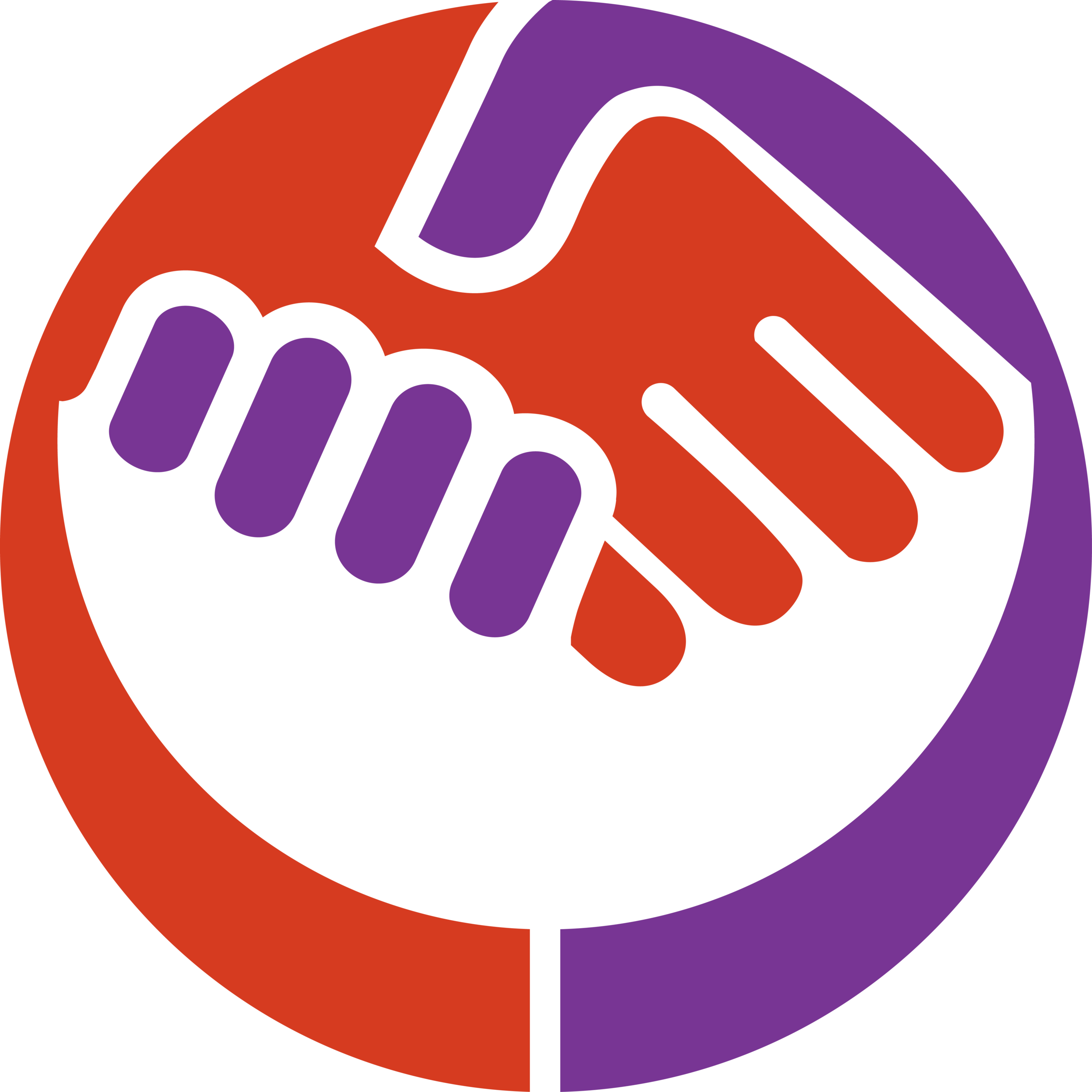What about the laws on premises and lock-outs?
These laws include:
Requiring patrons to produce photo ID when entering high-risk venues. The ID is to be scanned and your privacy is protected;
Giving police additional powers to ban people from entering or remaining on licensed premises (called a 'temporary banning order');
Allowing the Director-General to make 'late hour entry declarations' about particular venues preventing patrons from entering certain premises and preventing the sale of alcohol after certain times
Venues can refuse to serve you alcohol if they believe that you are ‘intoxicated’. A venue can assume you are ‘intoxicated’ if:
your speech, balance, co-ordination or behaviour is affected; and
it is reasonable to believe you are intoxicated.
A venue or a police officer can refuse you entry, or ask you to leave a club, if they think you:
are likely to cause injury to anyone else or damage to property, or otherwise cause a risk to public safety; or
are disorderly;
are smoking in a non-smoking area; or
have any drugs on you
The direction must be reasonable in the circumstances to prevent the injury or damage, reduce or eliminate the risk to public safety, or prevent the continuation of disorderly behaviour. The police must give you the same information and warnings as for a general move-on direction.
As with a general direction, failure to comply is an offence, carrying a $220 fine. It is also an offence to be found intoxicated and disorderly in any public place in NSW within 6 hours of being given a move-on direction because of intoxication and disorderly conduct. It is not an offence if you have a reasonable excuse, such as still being on your way home, or if you are homeless and have nowhere to go.
If you have been refused entry or kicked out of a venue, and you try to re-enter or stay within 50 metres of the venue, police can give you an on-the-spot fine of $550. There is also an on-the-spot fine of $550 if you attempt to re-enter the venue within 24 hours, or if you re-enter the area within 6 hours. There are exceptions if you fear for your safety, you need to get transport or you live in the area.
People who are repeatedly drunk, violent, abusive or disorderly in or near a venue can be banned from entering the venue indefinitely.
Can a bouncer/security guard grab or push me to make me leave the club?
Security staff and bouncers are allowed to use a ‘reasonable degree of force’ when it is necessary to remove someone from a licensed premises. If they use anything in excess of this, or they behave in a way that is against the law, you can report them to the police.
Most clubs have CCTV footage that they keep for a certain period of time. If you have been assaulted or harassed by a bouncer or member of staff at a pub or club, you should report it to the police as soon as possible so that they can request the CCTV footage and investigate.
The bartender won’t serve me another drink. Can they do that?
Yes, venues can refuse to serve you alcohol if they believe that you are ‘intoxicated’. A venue can assume you are ‘intoxicated’ if:
Your speech, balance, co-ordination or behaviour is affected; and
It is reasonable to believe you are intoxicated.
I feel that a venue has discriminated against me. What can I do?
If you believe you have been discriminated against by a venue (eg. you were refused entry to a club or refused service), you may be able to make a complaint of discrimination to the Anti-Discrimination Board of NSW or the Australian Human Rights Commission. There is a time limit of 12 months from the date of the discrimination to make an application.
You will have to show that you were discriminated against on certain grounds, which include your race, gender, age, sexual orientation, disability or being transgender or intersex.
The law states that the area of discrimination would be access to premises or access to goods, services and facilities.
If you believe you have been discriminated against by a venue contact ICLC for legal advice.

